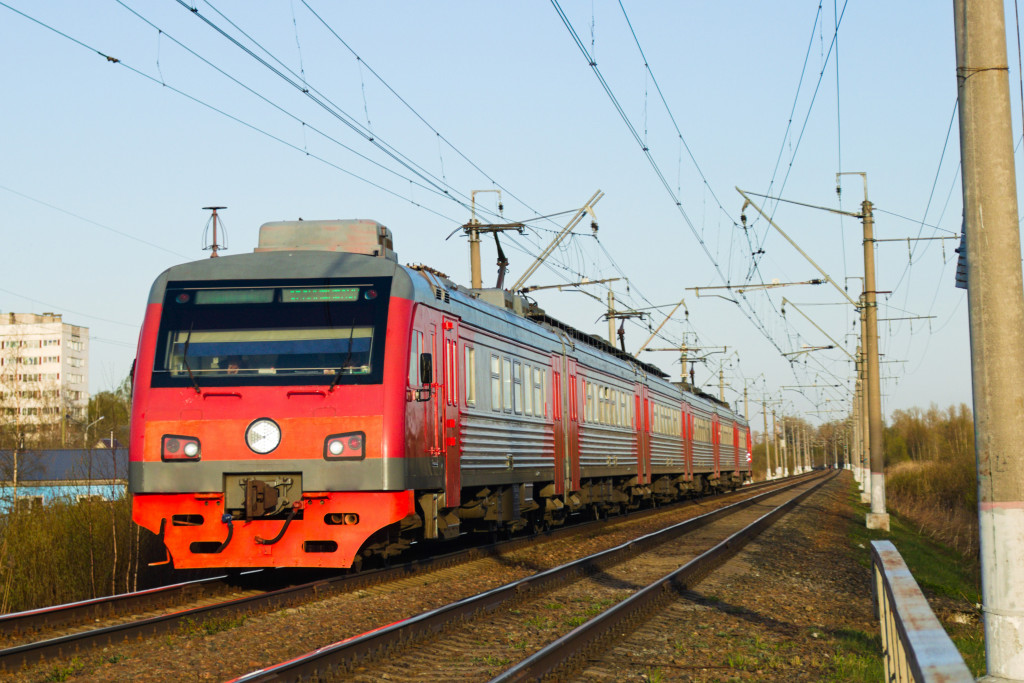

Brazilian National Congress approves the New Legal Framework for Railroads
Understand the main opportunities that change the rules for investments and operation of the railway sector
Subjects
The Brazilian National Congress recently approved a bill, which provides for the Federal Government’s indirect exploitation of railway transport in private infrastructure; the activities performed by the private railway administrations; railway self-regulation; and traffic and railway transport safety.
The bill – authored by Senator José Serra – had its processing completed in the House of Representatives. The lower house did not propose changes to the bill first approved by the Senate in early October, and the bill now awaits the approval of the Brazilian President.
Main impacts to the railway sector
The bill intends to be a legal framework for railway transport and the exploitation of the country’s railroad infrastructure. The proposal brings several guidelines for the expansion, modernization, and encouragement of investment in railway transport and infrastructure, in addition to giving force of law to figures like the investing user, who was only provided for in regulations. This novelty harmonizes the sector’s legislation and brings more legal certainty. It also innovates in favor of the technical-operational efficiency of railroad transport, such as the provision of self-regulation by railway operators.
However, the great novelty of the project is the creation of a new model for investment and the use of railways via the authorization modality, which is a form of exploitation of railways under private law.
The main idea is that the authorization will be granted to those who request it. It is not necessary to carry out bids for exploration through authorization. A public call is expected for possible interested parties in a certain railway in the same area, similar to what happens in the port sector.
Through authorizations, the railway administrator will be free to propose its route, prices, service levels, as well as its specifications, in a coordinated and collaborative manner, together with the other members of the technical self-regulation entity.
The authorization to exploit public services is not new to Brazilian law. It’s common in the telecommunications and ports sectors and has resulted in a significant infrastructure expansion and attracting national and international private investors.
The bill vs. the Executive’s provisional measure
Given the relevance of railway matters, the Federal Government had already enacted a provisional measure on August 30, 2021, with goals similar to the bill. The Executive branch aimed at restructuring the railway sector, especially by granting authorizations for the private sector to explore the railway infrastructure, thus expanding the role of private capital.
The provisional measure is still in full force, and the National Congress’s deadline for deliberation and voting is February 6, 2022.
Despite their similarities, there are differences between the provisional measure and the bill of law, which are set out in a comparative chart published by the Senate.
What is expected is that the new railway authorization regime will lead to the creation of infrastructure and provision of railway services in the country.
For more information about the railway sector and other related topics, get to know Mattos Filho’s Infrastructure and Energy practice area.
*The summary of this article is available in Spanish and German at this link.



